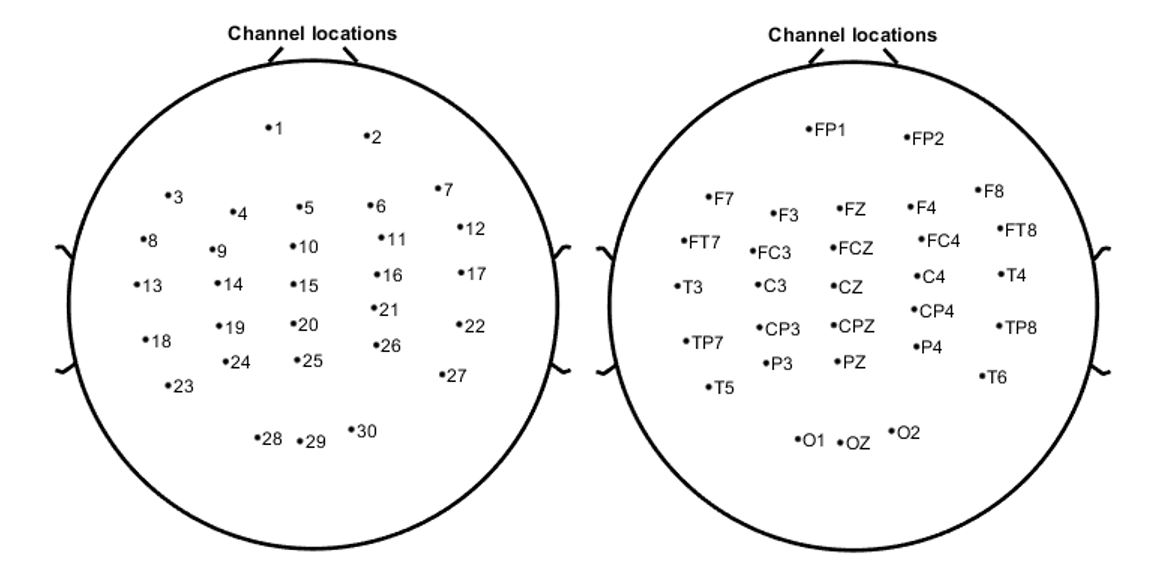This is the Computational NeuroErgonomics x NeuroEducation (CNElab) on EEG artifacts removal end-to-end process: IC-U-Net: A U-Net based Denoising Autoencoders using Mixtures of Independent Components for Automatic EEG Artifact Removal, written in Pytorch. This journal has been accept by NeuroImage (IF:7.4). The aim of this project is to
- A novel EEG artifact removal method, IC-U-Net, is proposed.
- IC-U-Net is built based on the U-Net architecture with a loss function ensemble.
- IC-U-Net is trained using mixtures of EEG sources decomposed by independent component analysis.
- IC-U-Net does not require parameter tuning and can simultaneously remove various types of artifacts.
- IC-U-Net can facilitate the extraction of relatively more brain sources from noisy EEG signals.
- Python >= 3.8.13
- numpy >= 1.19.2
- Pytorch >= 1.11.0 (can just use cpu)
- scipy >= 1.10.1
Below we assume the working directory is the repository root.
-
Using pip in your virtual environment
# Install the dependencies pip install -r requirements.txt -
(if requirements.txt is not work)
pip install numpy pip install torch torchvision torchaudio pip install scipy

The sample data
sampledata.csv(30, 12568) is stored under the./sampledatafolder, where the sample rate is 256 Hz.
- Step 1: Setting the parameters. Please modify
main.pyfile in following scope:
# parameter setting
input_path = './sampledata/'
input_name = 'sampledata.csv'
sample_rate = 256 # input data sample rate
modelname = 'ICUNet' # or 'UNetpp'
output_path = './sampledata/'
output_name = 'outputsample.csv'- Step 2: Runing
main.pyin your terminal:
python main.py(writing)
We evaluate the model with lane-keeping drive data collected and walking experiment from scientific data and mygooglecloud.
Ethics approval All participants completed informed consent forms after receiving a complete explanation of the study. The Institutional Review Board of Taipei Veterans General Hospital approved the study protocol.
Consent to participate All of the participants provided written informed consent prior to participation. The consent regarding publishing their data as a scientific report was also included.
This work was supported by the Ministry of Science and Technology, Taiwan (project numbers: MOST 110-2636-E-007-018 and 109-2636-E-007-022), and by the Research Center for Education and Mind Sciences, National Tsing Hua University. No funding source had involved in any of the research procedures.
